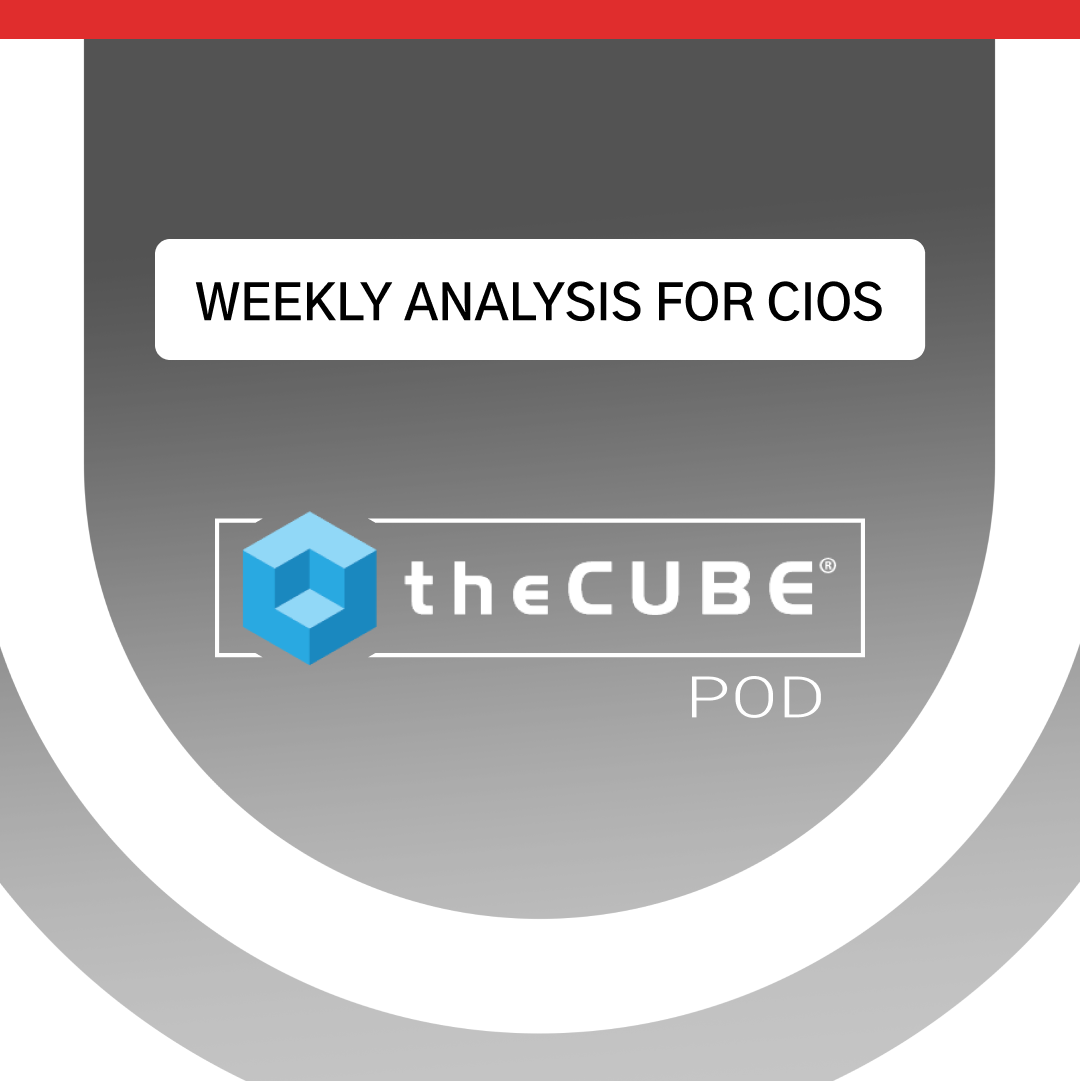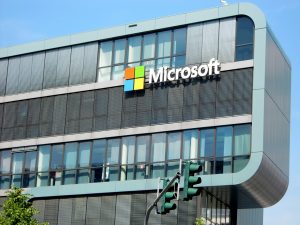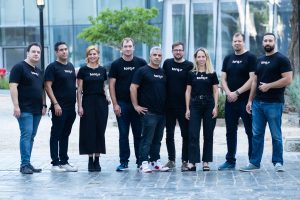Biggest Tech Surprise of 2011: Google’s Chrome OS
We hear a lot about the impact of Apple’s iPad 2 these days, and we will surely hear as much about the expected iPhone 5 in June. Estimates of annual shipments for these products vary, of course, but they tend to be in the general ballparks of 50 million and 100 million units, respectively.![]()
The iPad, in particular, is credited with taking market share from the general PC/laptop market. Surely, no devices launched in 2011 could beat this huge impact from iPad 2 and iPhone 5, right?
Yes, it could happen. The worldwide annual PC market is about 400 million units. Microsoft’s Windows operating systems dominate. The attacks on Microsoft’s dominance to date have been modest: Apple’s Mac OS is shipping at a rate fewer than 15 million units per year, and these devices are generally much more expensive.
Apple’s iPad may ship 50 million units over the next 12 months, but most people agree that the iPad, while a superb device in many respects, is not a replacement for a laptop in the eyes of serious workers; it’s an important complement, but not a replacement.
In this context, I find the lack of attention paid to Google’s Chrome OS unwise. For the last three months, I have been using Google’s Chrome OS Cr-48 laptop and compared it to Apple’s MacBook Pro and my old Dell laptop. Let me start with the conclusion right away: I think that PCs based on Google’s Chrome OS stand to take over a very large share — perhaps as much as half — of Microsoft’s Windows PC franchise, over the course of only a few short years, starting in the third quarter of this year.
If I am right about this, we could expect Google Chrome OS PCs to ship to the tune of 200 million units per year by 2014. That would mean one of the highest and fastest impacts in any computer market ever. We think of seminal product introductions: Macintosh in 1984, Windows 95 in 1995, iPhone in 2007 and iPad in 2010. Here is my prediction: Some time already before 2012 is over, we will look at 2011 as being the year of the commercial introduction of the Google Chrome OS PCs as an equally seminal event.
Why do I believe Google Chrome OS will decimate Windows PC sales? Because the product is vastly better for a large share of users. What are the advantages? There are three.
- 1. Chrome OS is faster;
- 2. Chrome OS is more secure;
- 3. Chrome OS is cheaper.
Chrome OS argument No. 1: Speed
Chrome OS boots much faster than Windows and Mac. Remember, what is one key source of popularity of the iPad? Because it’s “instant on.”![]()
Well, nothing is exactly instant on if you are doing a proper full reboot, as opposed to waking up the device from sleep, but you get the point.
What are the numbers?
The Chrome OS prototype laptop displays the login screen in 10 seconds from a cold boot. My new MacBook Pro takes 50 seconds to do the same, and my Windows laptop 55 seconds. Then you have to enter your password, and when you’ve done that and see the workspace for the first time, Chrome OS is at 30 seconds, compared to the Mac’s 60 seconds and my Windows machine at 1 minute and 15 seconds.
But wait, there’s more. While the Chrome OS laptop is completely done at 30 seconds, the Mac and Windows laptop need more time to load all the various icons representing programs and so forth. By the time they’re truly done, the Mac is at 1 minute and 50 seconds, and the Windows machine at about 10 minutes, yes, 10 minutes.
It’s hard to emphasize enough how important boot-up speed is. The time it takes to get going with your laptop is critical to productivity and desire to use the machine. Few things are as frustrating as waiting. In this all-important category, Chrome OS wins hands-down.
Chrome OS argument No. 2: Security.
Traditional PCs have many inherent security holes. Malicious programs can be installed without the user knowing about it. Chrome OS turns this whole concept on its head, in that no programs can be installed. All that’s going on is an OS and a browser — and the OS treats the browser as a hostile program. Supposedly, nothing you do inside the browser can pill over into the OS.![]()
That said, let’s say someone was able to overcome this obstacle and cause some damage to the Chrome OS. Because of the fact that the Chrome OS reboots so much faster (4 times) than the fastest of its competition, you end up choosing to reboot properly so much more often because it’s not a pain! Every time you reboot, Chrome OS checks the OS against a read-only part of the boot-loader to ensure that there has been no tampering to the OS. I don’t see how an OS can get more secure than this.
It is interesting to contrast this unique level of security with Google’s other OS –Android. It is widely thought that Android lags behind Apple’s iOS and Research In Motion’s BlackBerry OS in terms of security.
Chrome OS is as radically different of an architecture as it gets.
One testimony in favor of Chrome OS is that the U.S. Army Intelligence has been testing it, almost exclusively because of its superior security characteristics. Remember, RIM built a very successful company with over 55 million users on its superior security attributes.
Chrome OS argument No. 3: Cost
Most of the cost of owning a PC has little to do with the up-front price of purchasing the device. It has everything to do with tech support over the device’s lifetime. A full-blown PC such as Mac or Windows is a complicated system, causing trouble for most users, and requiring time over the phone or in a store to fix. Some people suggest that a $400 laptop may cost 10 times as much ($4,000) to own over its lifetime simply because of the time it takes for you to be on the phone with tech support. Ask any company (or school district) how much they budget for the all-in cost of a PC for three to four years. Many people buy three-year tech support policies for $250 to $350.
With Chrome OS, you can pretty much forget about any software tech-support costs for the life of the device. Yes, you can always drop that laptop onto a marble floor and have to get a new one, but even that is a much simpler and cheaper replacement process than for any other PC. Aside from security, the reason not only employers and schools, but also individuals, are likely to choose Chrome OS starting in the third quarter is the dramatically lower life-time cost. I detailed some of this in my article from Dec. 20 .
Chrome OS in 2011: The Launch
Acer and Samsung will launch initial Chrome OS devices by the third quarter. I believe all other PC makers will join within months thereafter, with the exceptions being Apple and Hewlett-Packard, both of whom have other OS agendas: Apple with iOS and HP with WebOS.![]()
The first form factors are likely to be laptops – 11-, 12-, 13-, 14-, 15- and perhaps even 17-inch versions. I imagine prices will start at $299. In addition, it should be very easy for Acer, Samsung and others to make really cheap desktop versions for $199 or less. Perhaps we could even see the first mainstream $99 PCs. By the end of 2011, I imagine over 10 million Chrome OS laptops and desktops sold, with plenty of upside in short order.
Chrome OS in 2012 and Beyond: Tablets and Smartphones
If the Chrome OS architecture is the right one for traditional PCs, it’s possible that it may also be the right ones for tablets and smartphones. After all, security is as important on those devices as it is on a PC. We are going to a world of ubiquitous wireless access — 4G as well as WiFi — and HTML 5 and the Web pose a strong argument against local apps. I can see this happen by 2013.
Chrome OS Weaknesses
Google’s Chrome OS is not for every person in every situation. It probably won’t satisfy gamers. As of today, it does not run iTunes. It doesn’t have offline storage for Google Docs today (or at least I don’t know how to make that work). In particular, I believe it is critical for Chrome OS to enable some local file storage similar to Dropbox, so that you can continue to work uninterrupted if your network connection disappears, however briefly. If Google can only fix this one thing, I see only a clear runway for Chrome OS to massacre Microsoft’s Windows PC market share starting in the third quarter.
[Cross-posted at The Street]
A message from John Furrier, co-founder of SiliconANGLE:
Your vote of support is important to us and it helps us keep the content FREE.
One click below supports our mission to provide free, deep, and relevant content.
Join our community on YouTube
Join the community that includes more than 15,000 #CubeAlumni experts, including Amazon.com CEO Andy Jassy, Dell Technologies founder and CEO Michael Dell, Intel CEO Pat Gelsinger, and many more luminaries and experts.
THANK YOU













